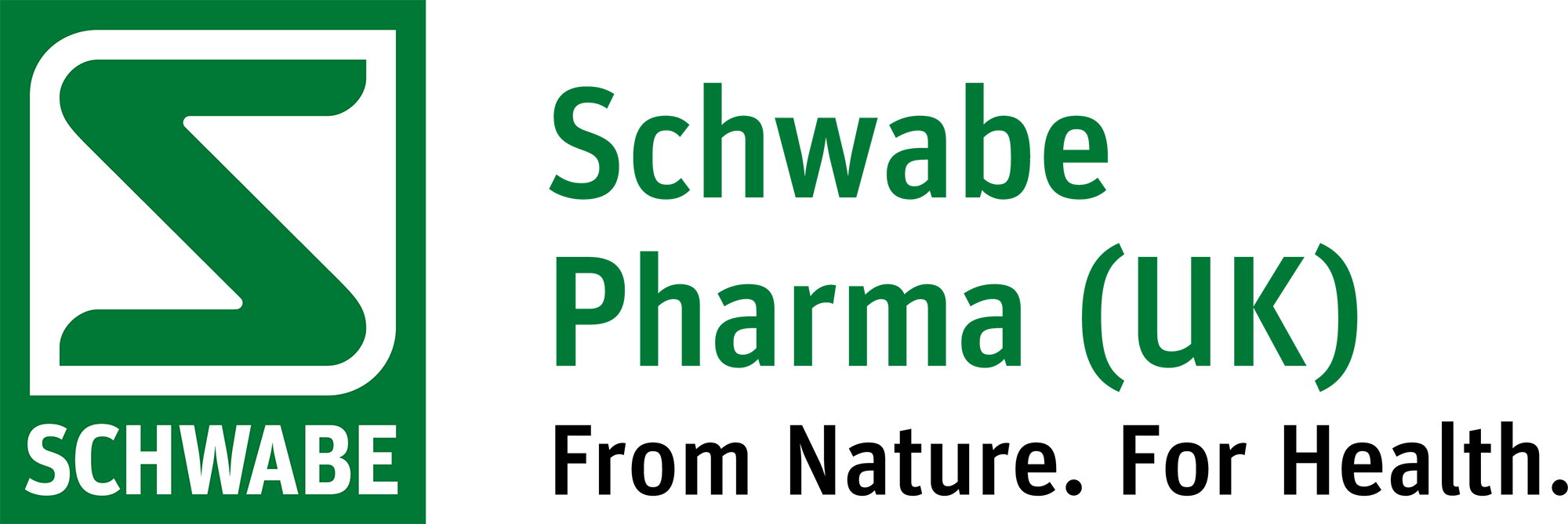Muscle aches and pains affect almost everyone now and then, so what are the best forms of muscle relief?
What is muscle pain?
Muscle aches and muscle pains are both ways of describing myalgia, which is just the medical term for aching or sore muscles.
Aching muscles are very common and will most likely affect all of us from time to time. Muscle aches can develop almost anywhere in your body, including muscle aches in your neck, back pain, aching leg muscles and even muscle aches in your hands. Aching muscles can often involve more than one muscle and can also involve ligaments, tendons and soft tissue.
Muscle aches and pains can range from a mild discomfort to excruciating pain, but most muscle aches and pains subside after a while. However, sometimes the pain can linger for months, becoming uncomfortable and frustrating.
What causes muscle aches and pains?
There are several causes of muscle aches, the most common reasons being tension, overuse or muscle injury due to over-exercise or undertaking physically demanding work, such as digging the garden.
Muscle aches and pains caused by injury or overuse, such as a muscle sprain or muscle strain is most often localised to just one area of the body.
Not all muscle aches are related to tension, stress or physical activity however. There are several other causes including infections, such as influenza, use of certain drugs such as statins and ACE inhibitors and other medical conditions such as arthritis, fibromyalgia, dermatomyositis and polymyositis.
Natural remedies for muscle aches and pains
Devil’s Claw

Devil’s Claw is a perennial shrub that grows wild in the desert countries of Southern Africa, most notably in the Kalahari sands of Namibia. The herb takes its common name from its large thorny seedpods, which are a hazard for animals when they become entangled in their fur – its botanical name is derived from the Greek ‘harpago’ meaning a ‘grappling hook’.
How does Devil’s Claw work?
Research shows that Devil’s Claw can help relieve pain and in some cases improve mobility in people suffering from osteoarthritis or degenerative rheumatism. It is not known exactly how devil’s claw works but the anti-inflammatory properties of the active compounds called harpagosides and the plants sterols found in its roots, are thought to be responsible.
Devil’s Claw can be found in FlexiHerb – a traditional herbal medicinal product used for the relief of backache, rheumatic or muscular pain and general aches and pains in the muscles and joints.
How to treat muscle aches and pains
You can often ease muscle aches and pains at home using simple techniques.
For muscle aches and pains caused by over-exertion due to physical exercise, you should rest the part of your body that has been affected. Taking ibuprofen can help ease the inflammation and applying an ice pack to the injury can often reduce the pain and inflammation too. After around 24 – 48 hours, heat treatment is more effective.

Muscle aches caused by overuse or by fibromyalgia can often be eased by gentle massage. Also after a period of rest, gently stretching the sore muscles can help to relieve muscle aches and pains.
Activities such as yoga and meditation help to reduce stress. And ensure that you get plenty of sleep – this is the most natural form of stress relief as well as giving your body time to heal and repair itself.
How to avoid muscle aches and pains

There are several things that you can do to ensure good care of your muscles and that you minimise the possibility of suffering muscle aches and pains caused by tension or physical activity:
- Always stretch your muscles before and after undertaking physical activity – this activity can range from going for a long run or simply doing a spot of gardening!
- Try and incorporate a warm-up period and cool-down period in any exercise session that you undertake. Warm-up by stretching and gently increasing the exercise intensity and cool down by gently decreasing activity and stretching your muscles afterwards.
- Make sure you drink plenty of water to ensure that you are properly hydrated when you undertake any physical activity.
- If you have an office or desk based job where you sit down for most of the day, try to take regular breaks to get up and move around, stretching your muscles, go up and down the stairs, or take a walk at lunchtime.
- Finally, try to incorporate regular exercise into your daily lifestyle to help keep your muscles in the best possible shape!



